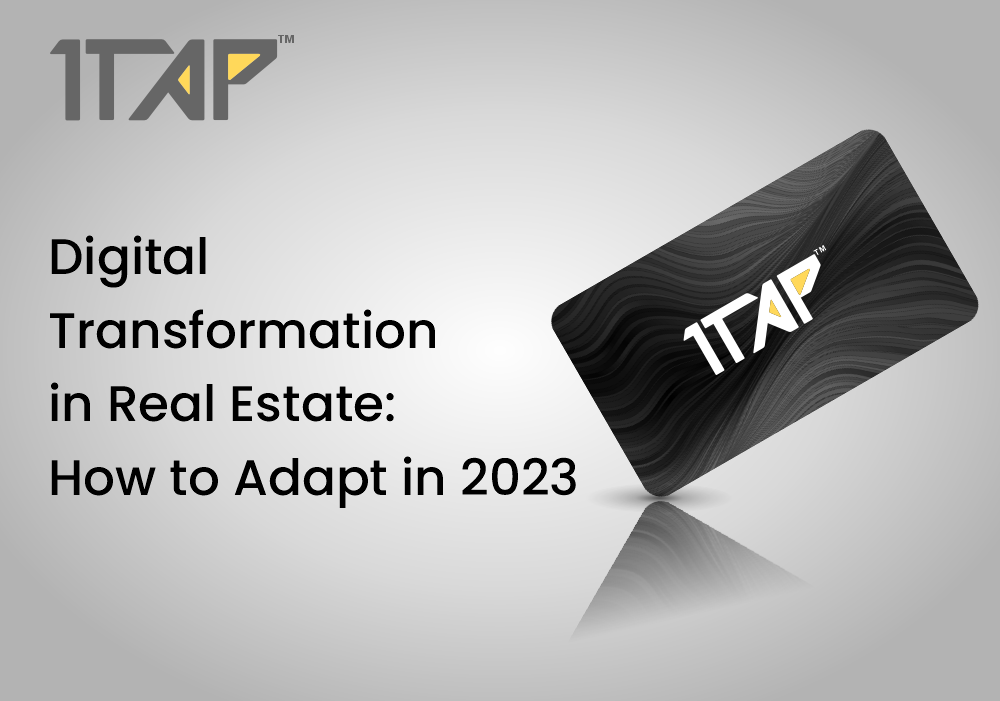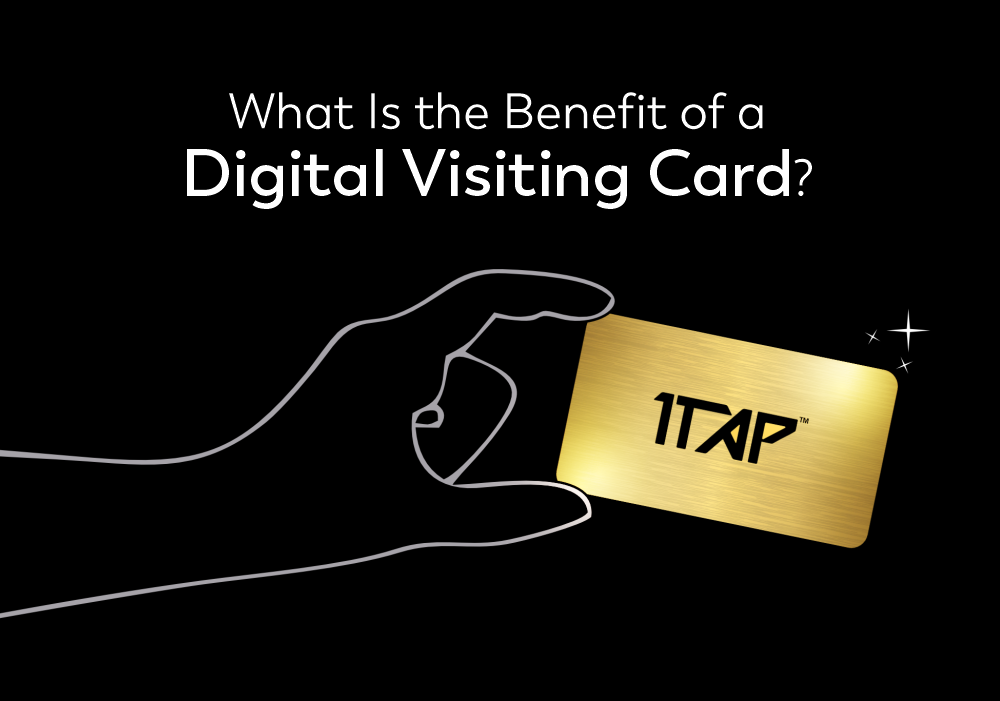Introduction
The real estate industry, traditionally known for its reliance on in-person interactions and paperwork, is undergoing a significant transformation in the digital age. As we step into 2024, embracing digital technologies has become imperative for real estate professionals looking to stay competitive and meet the evolving expectations of clients and partners. In this comprehensive guide, we will explore the key aspects of digital transformation in real estate and delve into innovative solutions like NFC contactless cards, smart business cards, and the rising trend of digital business cards in India.
I. The Need for Digital Transformation in Real Estate
1. Evolving Consumer Expectations
In the digital era, consumers expect seamless, tech-enabled experiences in every aspect of their lives, including real estate transactions. Buyers and sellers are looking for efficiency, transparency, and convenience throughout the entire property lifecycle.
2. Streamlining Operations
Digital transformation in real estate is not only about improving the customer experience but also optimizing internal processes. From property listings to document management, embracing digital tools can streamline operations, reduce paperwork, and enhance overall efficiency.
II. NFC Contactless Cards in Real Estate
3. What is NFC Technology?
Near Field Communication (NFC) technology is at the forefront of the real estate digital revolution. NFC enables short-range wireless communication between devices, allowing for quick and secure data transfer. In the context of real estate, NFC contactless cards are emerging as powerful tools for enhancing client interactions.
4. Smart Business Cards: The Future of Networking
Traditional business cards are making way for smart business cards, which leverage NFC technology. These cards can store digital information such as contact details, property portfolios, and even virtual property tours. When clients tap their NFC-enabled devices on the card, they can instantly access relevant information.
5. Benefits of NFC Contactless Cards in Real Estate
a. Instant Information Transfer: NFC contactless cards facilitate quick and seamless exchange of property details, reducing the need for physical brochures or printed materials.
b. Enhanced Networking: Real estate professionals can make lasting impressions by providing clients with an innovative and memorable way to access property information.
c. Increased Efficiency: NFC technology streamlines the information-sharing process, saving time for both real estate agents and clients.
III. Digital Business Cards in India
6. The Rise of Digital Business Cards
In India, the adoption of digital business cards is on the rise, aligning with the country’s broader push towards a digital economy. Digital business cards offer a modern alternative to traditional paper cards, allowing professionals to showcase their expertise in an interactive and dynamic format.
7. Features of Digital Business Cards
Digital business cards in India come with a range of features, including:
a. Multimedia Integration: Embed videos, property walkthroughs, or virtual tours directly into the digital business card.
b. Real-Time Updates: Keep clients informed about the latest property listings, market trends, and industry updates.
c. Analytics and Insights: Gain valuable insights into client interactions, helping tailor future engagements to individual preferences.
IV. Adapting to Digital Transformation: Practical Steps
8. Embrace Cloud-Based Solutions
Move away from traditional, paper-based filing systems and adopt cloud-based platforms for document storage, collaboration, and access. This not only enhances data security but also enables remote collaboration among team members.
9. Invest in Mobile-Friendly Platforms
As more users access information on mobile devices, ensure that your online presence, including property listings and communication channels, is optimized for mobile use. A user-friendly mobile experience can significantly impact client engagement.
10. Provide Virtual Property Tours
Leverage technology to offer virtual property tours, allowing clients to explore properties from the comfort of their homes. Virtual reality (VR) and augmented reality (AR) applications can enhance the immersive experience and provide a competitive edge.
11. Stay Informed About Emerging Technologies
Digital transformation is an ongoing process. Stay informed about emerging technologies such as blockchain for transparent property transactions, artificial intelligence for predictive analytics, and other innovations that can reshape the real estate landscape.
V. Conclusion
As we navigate the digital landscape of 2024, real estate professionals must embrace the opportunities presented by digital transformation. NFC cards, smart business cards, and the growing prevalence of digital business cards in India are just a few examples of the innovative tools available. By adapting to these trends and incorporating digital solutions into daily operations, real estate professionals can enhance client experiences, streamline processes, and stay at the forefront of an ever-evolving industry. The key lies in being proactive, staying informed, and leveraging technology to create a future-ready real estate ecosystem.



